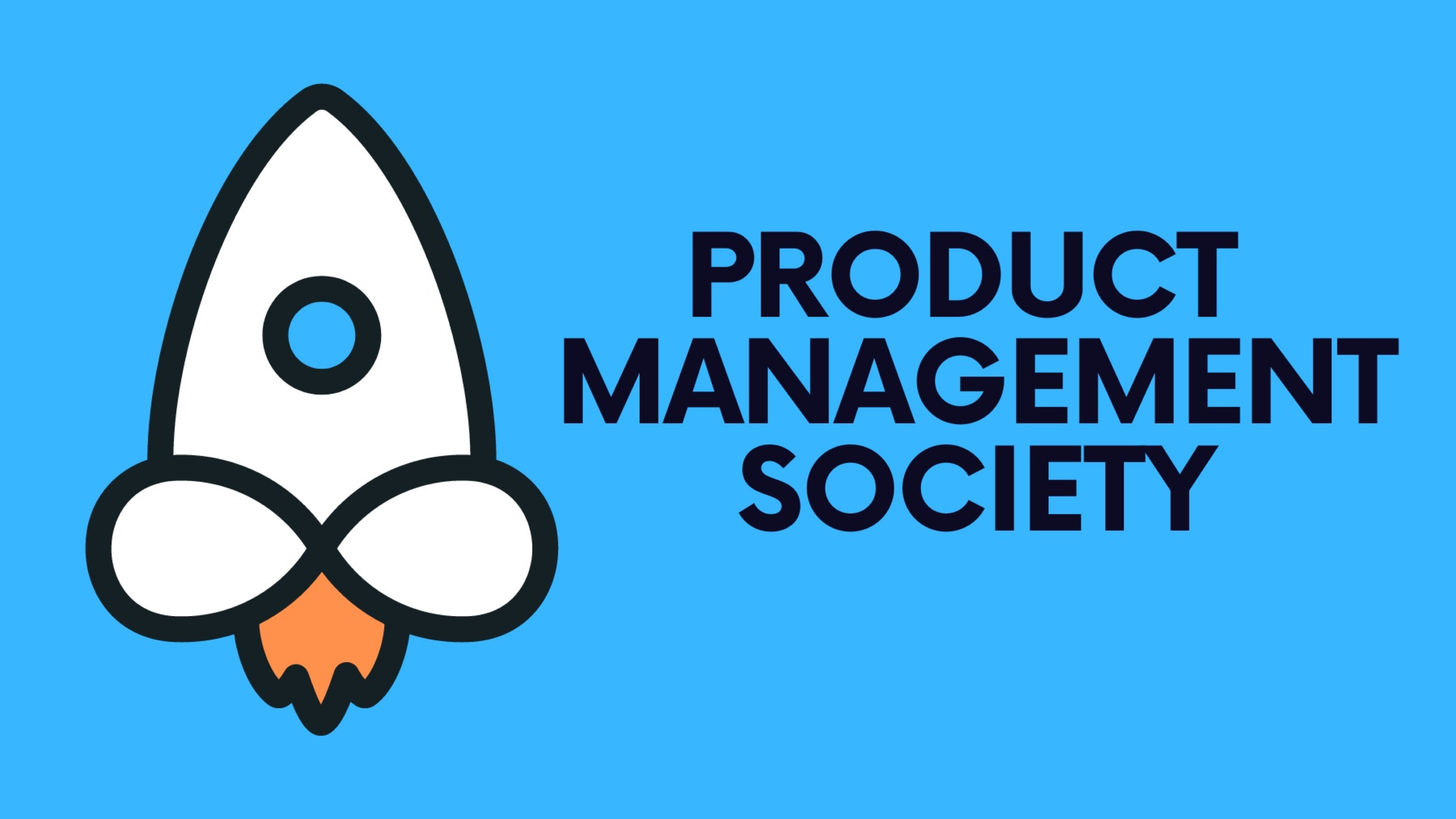The advent of artificial intelligence (AI) has revolutionized industries across the globe, reshaping the way businesses operate and how products are developed and managed. For product managers, this technological shift brings both exciting opportunities and new challenges. To thrive in the age of AI, product managers must acquire and hone a specific set of skills that enable them to navigate this complex landscape effectively. This article explores the essential skills a product manager needs to succeed in the era of AI.
1. Understanding of AI Technologies
Foundational Knowledge of AI Concepts
- Machine Learning and Deep Learning: Grasp the basics of how machines learn from data to make predictions or decisions without being explicitly programmed.
- Natural Language Processing (NLP): Understand how AI processes and interprets human language, enabling features like chatbots and voice assistants.
- Computer Vision: Learn how AI interprets visual information from the world, crucial for products involving image recognition.
Staying Updated with AI Trends
- Continuous Learning: Regularly update your knowledge on the latest AI advancements to foresee how they can be applied to your products.
- Technical Literacy: While not necessarily coding, understanding algorithms and data structures can help in communicating effectively with technical teams.
2. Data Literacy and Analytical Skills
Data-Driven Decision Making
- Data Interpretation: Ability to analyze and draw insights from large datasets to inform product strategy.
- Key Performance Indicators (KPIs): Define and monitor AI-specific KPIs, such as model accuracy, precision, and recall.
Understanding Data Ethics and Privacy
- Ethical Considerations: Ensure AI products comply with ethical standards, avoiding biases and respecting user privacy.
- Regulatory Compliance: Familiarity with data protection regulations like GDPR to ensure legal compliance.
3. Cross-Functional Collaboration
Effective Communication with AI Teams
- Technical Communication: Bridge the gap between AI specialists and non-technical stakeholders by translating complex concepts into understandable language.
- Interdisciplinary Collaboration: Work seamlessly with data scientists, engineers, and designers to integrate AI into products.
Stakeholder Management
- Expectation Setting: Clearly communicate AI capabilities and limitations to stakeholders to manage expectations.
- User Advocacy: Represent the voice of the customer, ensuring AI solutions meet user needs and enhance the user experience.
4. Strategic Thinking and Vision
Identifying AI Opportunities
- Market Analysis: Recognize where AI can add value to your product offerings and differentiate you from competitors.
- Innovation Mindset: Cultivate a forward-thinking approach to leverage AI for creating new business models or revenue streams.
Roadmap Planning
- Long-Term Vision: Develop product roadmaps that incorporate AI developments, balancing short-term goals with long-term innovation.
- Risk Management: Assess and mitigate risks associated with AI implementation, such as technological uncertainties or market adoption barriers.
5. Adaptability and Continuous Learning
Embracing Change
- Flexibility: Adapt to rapidly changing AI technologies and methodologies, adjusting product strategies accordingly.
- Learning Agility: Quickly learn from successes and failures, fostering an environment of experimentation.
Investing in Personal Development
- Professional Training: Engage in workshops, courses, or certifications focused on AI and related fields.
- Networking: Connect with AI professionals and join relevant communities to exchange knowledge and stay informed.
6. Ethical and Responsible AI Leadership
Promoting Ethical AI Use
- Bias Mitigation: Ensure AI models are trained on diverse datasets to prevent biased outcomes.
- Transparency: Advocate for explainable AI, where users can understand how decisions are made by AI systems.
Social Responsibility
- User Trust: Build and maintain user trust by prioritizing security and ethical considerations in AI product development.
- Impact Awareness: Be cognizant of the societal implications of AI, striving to create products that positively contribute to society.
7. User Experience (UX) Design Integration
AI-Enhanced UX
- Personalization: Leverage AI to create personalized user experiences that enhance engagement and satisfaction.
- User-Centric Design: Incorporate AI functionalities that solve real user problems without adding unnecessary complexity.
Usability Testing
- Human-AI Interaction: Understand how users interact with AI features, conducting usability tests to refine the experience.
- Feedback Loops: Implement mechanisms for user feedback to continually improve AI functionalities.
Conclusion
In the age of AI, product managers must expand their skill sets beyond traditional boundaries to include a deep understanding of AI technologies, data literacy, ethical considerations, and strategic vision. By developing these skills, product managers can effectively lead AI-driven initiatives, creating innovative products that meet user needs and drive business success. Embracing continuous learning and adaptability will be key as AI continues to evolve and reshape the product management landscape.
If you’re finding this blog valuable, consider sharing it with friends, or subscribing if you aren’t already. Also, consider coming to one of our Meetups and following us on LinkedIn ✨
Thanks for reading Product Management Society! Subscribe for free to receive new weekly posts 🚀







